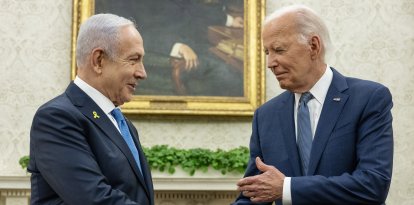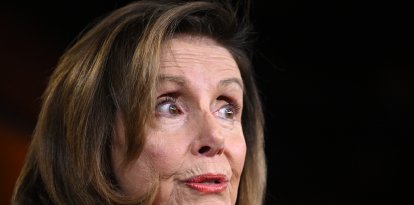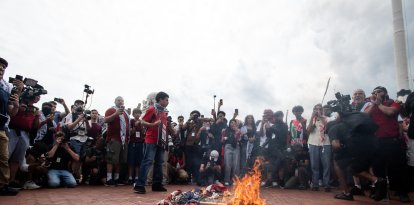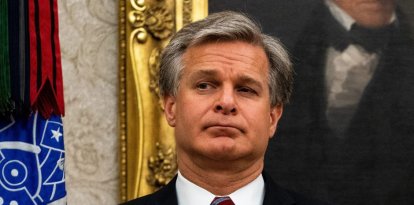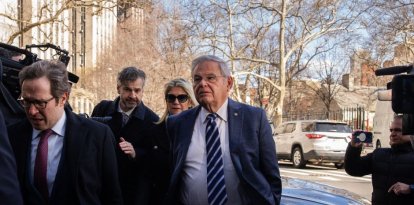Podcast: The release of Alex Saab and the risky foreign policy of the Biden administration
"He is much more than a front man, he was in charge of the networks and logistics of very powerful regimes."

Alex Saab
The Biden administration has released Alex Saab, popularly known as a front man for Venezuelan dictator Nicolás Maduro. But Saab is much more than a figurehead. He is a very important regime operator, and the implications that this release has for the United States are transcendental. In today's podcast, we sit down with Joseph Humire, executive director of the Center for a Secure Free Society, to analyze the nature of Saab's release and the consequences of the current administration's foreign policy.
Alex Saab is a Colombian-Lebanese who entered Venezuela selling his money laundering skills. He began with a joint program with Iran to evade US sanctions, but throughout the years, Humire explains, his usefulness increased not only for the Venezuelan regime but for other regimes in the world, including Iran and Russia.
Humire explains that Saab is known in the world of security experts as a "facilitator" and, due to his power and access to different regimes, the most appropriate term, in this case, is "super facilitator." He is someone who manages networks, makes connections and creates logistics. Saab had an office in Moscow and Turkey and had connections with Iran. "He is a logistical architect," emphasizes Humire.
Regarding the implications that Saab's release has for the United States and in terms of international relations, Humire affirms that it is regrettable that the current administration is legitimizing a regime like that of Nicolás Maduro and highlights that the negotiations that are being carried out are worrisome since they could establish some sort of extradition treaty with the Maduro dictatorship. The government has mentioned the possibility of negotiating with the Venezuelan regime regarding American prisoners detained in Venezuela.
Finally, Humire points out that the entire world now sees the United States as a weak country that negotiates and gives legitimacy to dictatorships. In an international scenario, where powers like China and Russia seek to destroy the Western system, it poses a serious danger for the country and, in general, for the entire region, which seems to have been left without its strongest leader.













